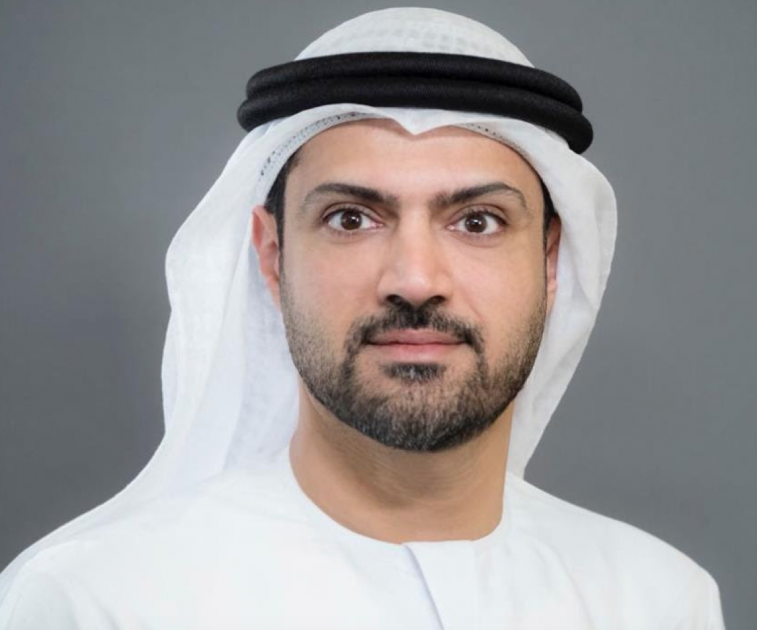
WGS 2019: Government Services Forum to Explore Governance in the Age of Disruption
In the disruptive age of Uber, Amazon and Airbnb, today’s consumers are accustomed to easy-access, high-quality services tailored to meet their needs. It is this experience with private sector technologies that is shaping their expectation for government service delivery.
In turn, the transforming government and citizen relationship has necessitated a radical rethink of government services. The ‘smart citizen’ demands an alteration of government service paradigms – shifting from services to focus on the experience. And it is precisely to examine this shift that the Government Experience (GX) – a new global framework for government service excellence from the UAE – is being launched at the seventh World Government Summit (WGS 2019).
Launched by the Emirates Government Service Excellence Program, the Government Services Forum will convene senior leaders from the public and private sectors to engage in a dialogue on the future of government services. Centered around the theme of ‘Powered by Experiences’, the Forum will explore multiple aspects including changing citizen expectations and their impact on government services, how governments around the world are meeting these expectations and addressing challenges in delivering exceptional service experiences, and how government services will evolve over the next 20 years.
His Excellency Mohammed Bin Taliah, Assistant Director General for Government Services Sector and Assistant Director General for Corporate Services Sector at the Prime Minister’s Office in the Ministry of Cabinet Affairs and The Future, said: “The time has come to unlock the extraordinary potential of governments to empower their people and communities. Equipped with new tools and a new mindset, leaders around the world can reimagine how they engage with and support their people. Much like the UAE, governments around the world have a renewed focus on citizen happiness. A responsive government environment offers tremendous opportunities for collaboration and participation.”
A unique platform, GX aims to unite government decision-makers, global practitioners and renowned innovators to re-examine and re-define the Government Experience for the present and the future. Across the all-encompassing initiatives that fall under the GX umbrella - the GX Services portal, GX Talks, and the GX RoundTable - the leading minds in today’s government services domain will explore and assess where the world is heading and look at the best practices that benefit the global citizen in the most impactful and positive way.
“Today, people expect the highest standards of customization, impactful personalization, quality and speed of delivery in all engagement. However, the concept of citizen-centric reform is not new. For some years there has been a greater push to align government services with the distinct needs of individual citizens and communities, made possible by the relatively affordable advances in technology and data analytics that have opened new digital channels and enabled greater customization and localism geared towards personal requirements,” Bin Taliah added.
According to Deloitte’s ‘A Government Perspective: Tech Trends 2018,’ governments are no longer looking at implementing 'one-off IT initiatives' in a single domain. Instead, there is today a more forward-looking approach to harnessing disruptive technologies that can work in harmony across an agency, department or multiple departments.
Boston Consultancy Group’s (BCG) 2018 insights on ‘A Blueprint for the Government of the Future’ states that we are seeing governments respond not in the traditional hierarchical and siloed way, but rather by fundamentally re-examining structure through creating priority clusters, establishing functional accelerators that build expertise in critical areas, adopting agile ways of working, using cross-functional teams and creating a streamlined, one-stop shop where people can access the services and assistance they need.
But this technology boom has implications on the skills required to replace the jobs that are being automated and made redundant. BCG recommends governments create functional accelerators that bring together talent in critical emerging areas such as big data and advanced analytics, behavioral economics, AI, and robotics.
Governments that are already experimenting with the accelerator model include the UAE and Canada. The UAE created a Ministry of Artificial Intelligence, mandated to promote AI both within and outside of government. Recently, Canada set up an Impact and Innovation Unit within the center of government to help transform the operations of the public administration. The UK and the US too have set up functional accelerators to advance their digital expertise. In the UK for instance, websites of 25 ministerial departments and 385 other agencies and public bodies have been merged into a single website, Gov.uk, which has begun offering e-services.
When redesigning the future of government service experiences, the essential pillars upholding the new paradigm remain the adoption of shared services across functions, leveraging third-party, private-sector providers to deliver some government services, and of course, stronger association not just between federal and local governments, but between public and private enterprises as well.
The Emirates Government Services Excellence Program was launched in 2011, in line with the vision of the UAE to be one of the best countries in the world by the year 2021. His Highness Sheikh Mohammed bin Rashid Al Maktoum, Vice President and Prime Minister of the UAE and Ruler of Dubai launched the program in order to raise the efficiency of government services to a seven-star level, by focusing on customer centricity and enhancing government efficiency.
The World Government Summit 2019 will run from February 10 to 12 at Madinat Jumeirah in Dubai. The landmark event is set to convene more than 4,000 participants from 140 countries, including heads of state and governments, as well as top-tier representatives of 30 international organizations.



























